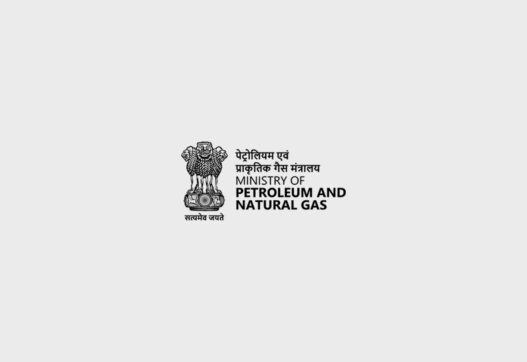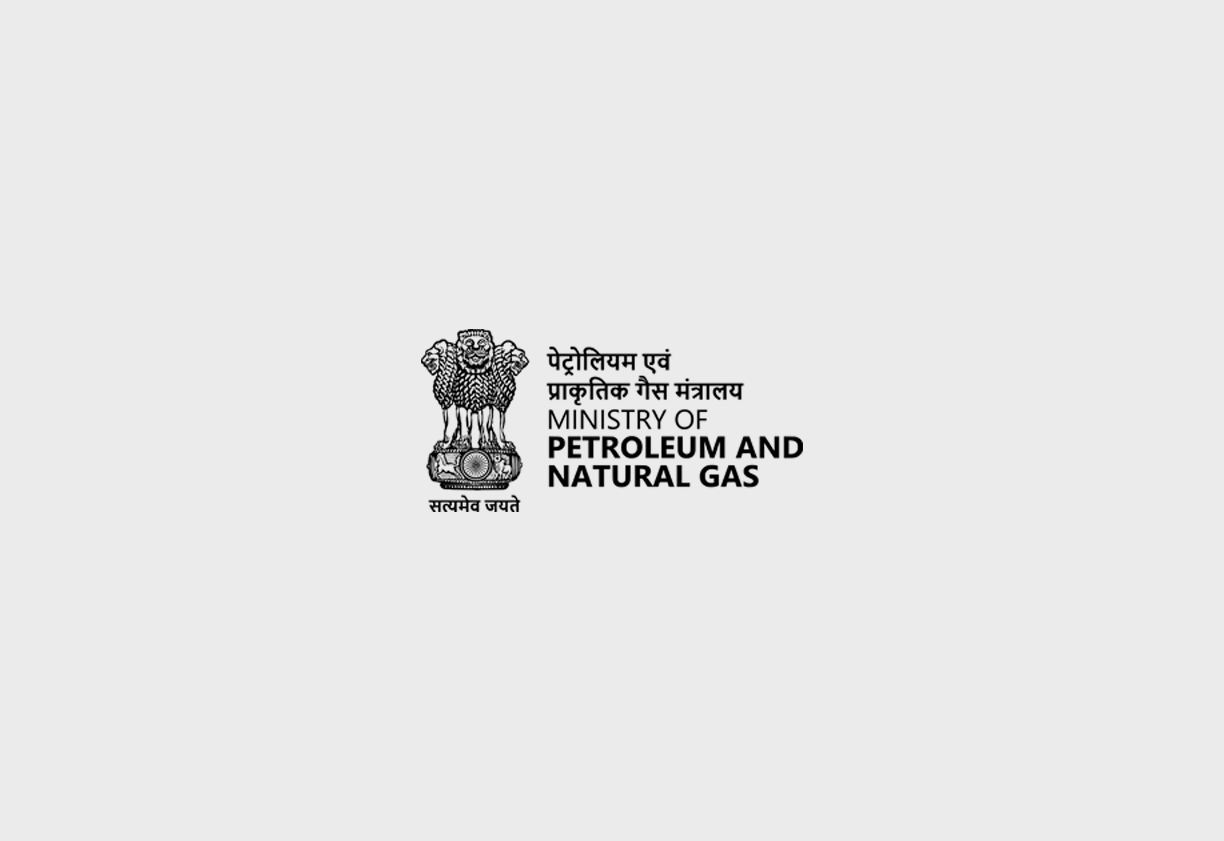Ministry of Petroleum and Natural Gas
The Oilfields (Regulation and Development) Act, 1948, was enacted to provide for the regulation of oilfields and for the development of mineral oil resources. This act aims to control and manage the exploration, production, and development of petroleum and natural gas resources in India. While the Act does not specify a particular ministry, it falls under the purview of the Ministry of Petroleum and Natural Gas in India.
Enactment Date, Number of Chapters, Number of Sections:
The Oilfields (Regulation and Development) Act, 1948, was enacted on September 8, 1948. The Act is structured into 4 chapters and 14 sections, along with a schedule. These sections cover various aspects of oilfield regulation, including control over petroleum, testing of petroleum, penalties, and supplemental provisions.
Act Governed By:
The Act is primarily governed by the provisions outlined within its sections. It establishes the framework for the regulation of oilfields, the granting of mining leases, the development of mineral oil resources, and the powers of the Central Government to make rules for these activities. The Act also outlines the procedures for inspection and penalties for violations.
On Whom It Is Applicable:
The Oilfields (Regulation and Development) Act, 1948, is applicable to all individuals and entities involved in the exploration, production, refining, and development of mineral oil resources in India. This includes oil companies, leaseholders, and any other person or entity involved in oilfield operations.
Penalties/Punishments:
The Act prescribes penalties for non-compliance with its provisions and the rules made thereunder. These include:
-
Imprisonment for a term which may extend to six months or with a fine which may extend to one thousand rupees, or with both, for contravening any rules made under the Act.
-
Punishment for each day after the first conviction during which the offence continues, with fine which may extend to one hundred rupees.
-
Other penalties as may be prescribed by rules made under the Act.
Important Pointers:
-
The Act defines “mineral oils” to include natural gas and petroleum.
-
It regulates the granting of mining leases for mineral oils and prohibits leases that are not in accordance with the rules.
-
The Act empowers the Central Government to make rules for the conservation and development of mineral oil resources.
-
It outlines the procedures for drilling, production, storage, and transportation of petroleum.
-
The Act mandates the notification of new borings and shaft sinkings and the preservation of boring records.
-
It provides for the collection of royalties and the levy of fees or taxes on mineral oils.
-
The Act empowers the Central Government to make rules for the modification of existing leases.
-
It ensures that the provisions of the Act are binding on the government.
-
The Act provides for the protection of actions taken in good faith by authorities under the Act.
-
The Act has been amended over time to adapt to changing needs and circumstances.
Act Copy:




